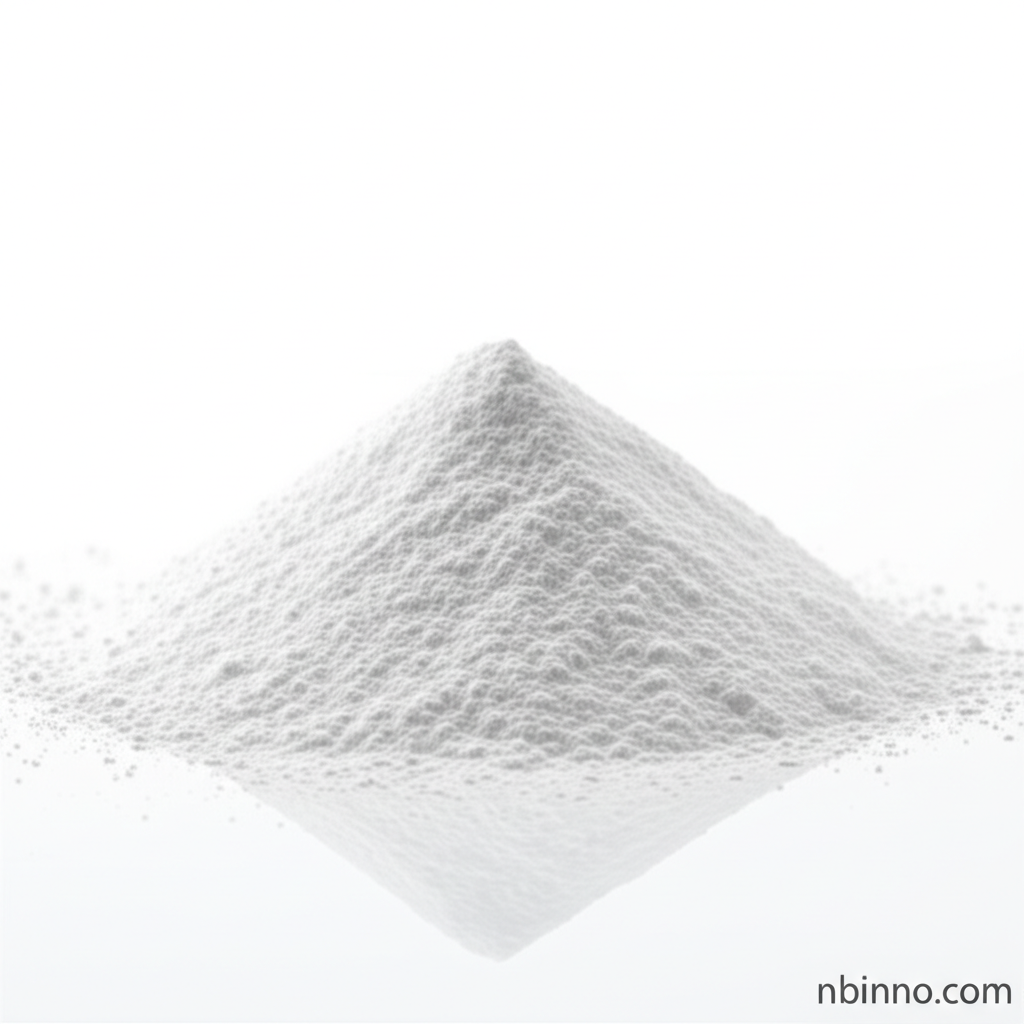Unlocking Cellular Energy: The Comprehensive Guide to Adenosine Triphosphate (ATP)
Discover the pivotal role of ATP as the universal energy currency driving life's essential biological processes.
Get a Quote & SampleProduct Core Value

Adenosine Triphosphate
Adenosine Triphosphate (ATP) stands as the cornerstone of cellular energy, facilitating a vast array of biological functions. It is the primary means by which cells store and transfer energy, indispensable for everything from muscle movement to complex biochemical reactions. Understanding ATP's function is key to comprehending life's energetic dynamics.
- ATP as the cellular energy transfer molecule: ATP acts as the universal energy currency, allowing cells to efficiently store and release energy as needed for various cellular activities.
- The biochemical function of ATP: Its role extends beyond mere energy storage; ATP is a coenzyme and a precursor for DNA and RNA synthesis, demonstrating its multifaceted importance in cellular machinery.
- ATP production in cells: Cells generate ATP through vital metabolic pathways such as glycolysis and oxidative phosphorylation, ensuring a continuous supply of energy for all life processes.
- ATP's application in muscle contraction: The energy derived from ATP hydrolysis directly powers muscle contractions, making it essential for movement and physical activity.
Advantages of Using Adenosine Triphosphate
Efficient Energy Management
Harness the power of ATP for efficient cellular energy transfer, supporting sustained metabolic activities and optimizing cellular performance.
Supports Vital Cellular Processes
From nerve impulse transmission to protein synthesis, ATP is fundamental, making it crucial for maintaining cell viability and function.
Key for Biological Functions
Leverage ATP's role in critical biological functions like muscle contraction and intracellular signaling to enhance organismal performance.
Key Applications
Cellular Energy Transfer
ATP is the principal molecule for intracellular energy transfer, powering cellular work such as biosynthesis and active transport.
Muscle Physiology
Crucial for muscle contraction, ATP provides the immediate energy required for the sliding filament mechanism, vital for movement.
Biochemical Signaling
ATP acts as a second messenger and neurotransmitter, playing a key role in various signal transduction pathways within cells and tissues.
Nutritional Supplements & Pharmaceuticals
Utilized in health supplements and as a pharmaceutical raw material, ATP supports energy metabolism and has potential therapeutic benefits.
